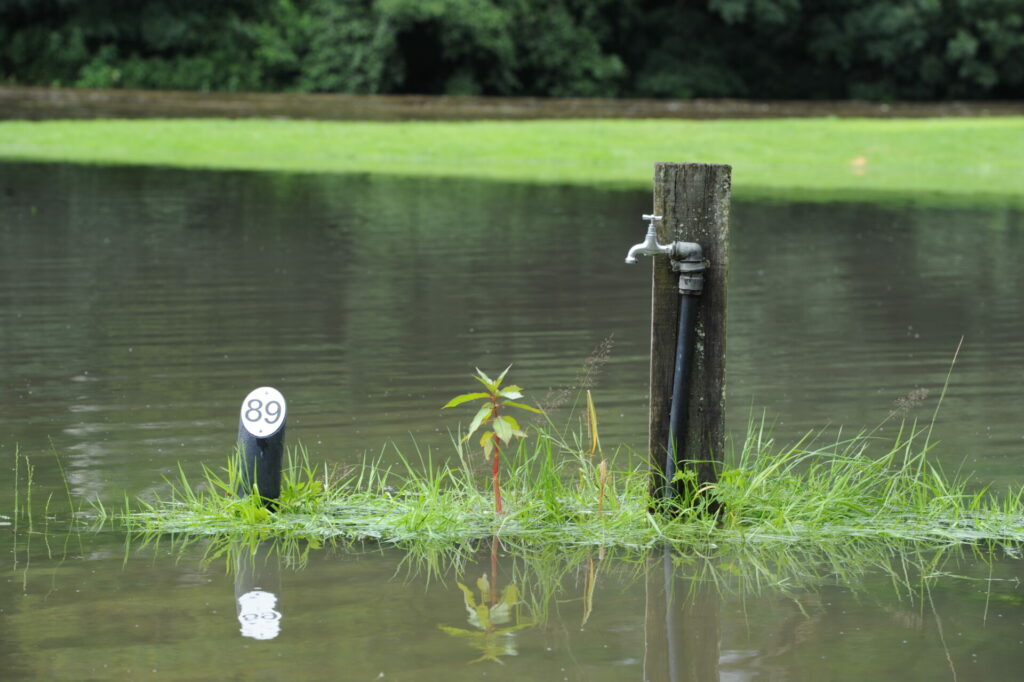Nearly one third of drinking water in France is contaminated with a potentially carcinogenic pesticide that was banned in 2019, according to the country’s public health watchdog. The entirety of the Paris basin is affected.
Traces of the fungicide chlorothalonil are present in surface water and groundwater and conventional treatment filters fail to get rid of it. Chlorothalonil was sold by the Swiss group Syngenta since the 1970s and has been banned in the EU since 2019, France24 reports.
The National Agency for Food, Environment and Workplace Security (ANSES) performed mass testing of drinking water and found traces of the fungicide chlorothalonil in over half of samples. One third of the samples revealed concerningly high quantities of the fungicide.
The traces refer to a small molecule produced when the fungicide breaks down. There is currently no evidence of adverse effects from these levels of exposure but further research into the subject is needed, Le Monde reports.
The technical manager of a large French public operator anonymously told Le Monde that he is convinced that more than half of the French population is affected by this contamination and it may even concern bottled water.
Related News
- Agriculture Minister sued by environmental groups for pesticide inaction
- Belgium named largest exporter of EU-banned pesticide
When asked by the Belgian journal Le Soir if there is any reason for concern about the drinking water in Wallonia, the Walloon Society of Water Distribution (SWDE) said that they are very exacting about water quality and perform comprehensive screenings for pesticides.
Belgium has a relaxed policy in regard to pesticides: it is a massive exporter of EU-banned pesticides and at least 12 toxic substances were recently found to be still circulating in the country. Last year, a report found Wallonia’s groundwater to be contaminated with pesticides and nitrates. 80% of the region’s drinking water comes from groundwater.

